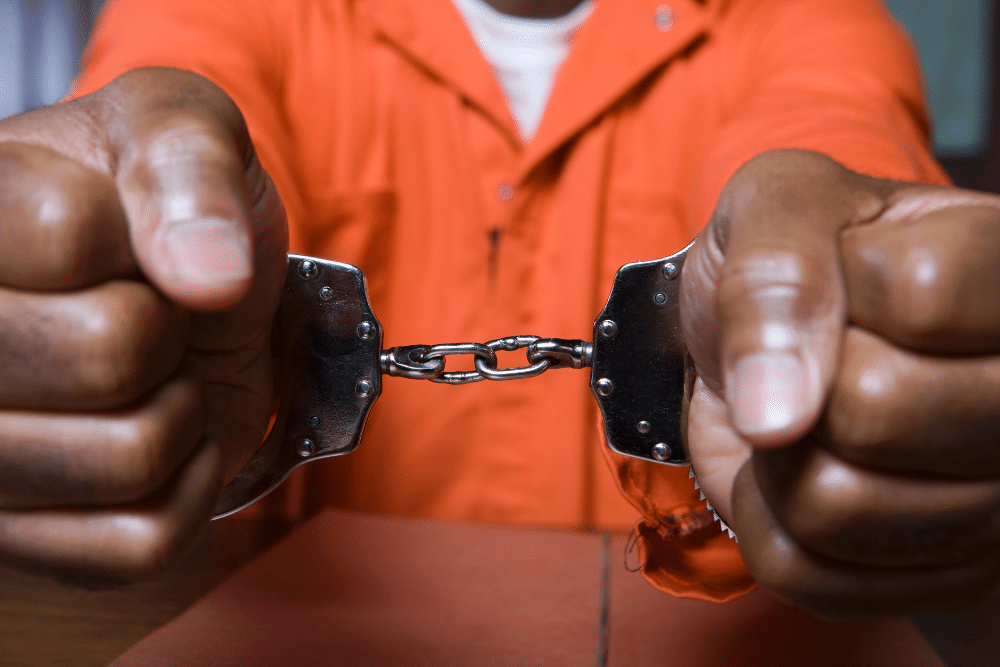Illinois Conviction Doesn’t Mean Forfeiting All Your Rights
As a citizen of the United States, you have certain rights under the U.S. Constitution, whether or not you’re in jail or convicted of a crime.
If you face jail time because you’ve been found guilty of a crime, that doesn’t mean your rights are forfeit. You can still make claims when those rights are being violated.
However, in order to know when your rights are being crossed, you first must understand those rights.
Here is a summary of prisoner rights entitlement in Illinois, plus what to do if you feel they’ve been violated.
Your Rights
From the time you’re placed under arrest to the moment you walk out of jail after a sentence is complete, you possess rights that should be upheld by the state.
They include:
Presumption of Innocence
Even if you must wait in jail until court hearings because you can’t afford bail, you should be given the presumption of innocence. That means you cannot be punished while being held for unproven crime convictions.
No Cruel or Unusual Punishment
The Eighth Amendment of the U.S. Constitution forbids cruel and unusual punishment. This has come to be understood as any treatment considered inhumane, which offends the dignity of prisoners in the process.
Upholding of Federal Rights
You are entitled to the same federal rights within prison as you are outside.
That means rights ensconced under federal legislation, such as the Americans with Disabilities Act, still, apply to prisoners. You cannot be denied access to a program or facilities in the prison-based on any disability.
Access to Courts
As a prisoner, you must have access to the court system to file complaints about your treatment or the conditions in prison. In past cases when these rights have been denied, prisoners have received damages for the denial of their rights.

Due Process
As a prisoner, you are entitled to due process as well.
In prison, this applies to disciplinary hearings or proceedings. You are allowed to receive notice of violations for which you are accused. You’re allowed to know the facts gathered by prison officials holding hearings against you.
You also have the right to defend yourself by providing evidence and calling witnesses, but you are not entitled to legal representation.
Medical Care
As a prisoner, you are entitled to adequate medical care as an extension of the aforementioned Eighth Amendment. You should be given access to medical treatment, and that includes mental health.
Freedom from Discrimination
The prison cannot racially segregate prisoners – with the exception of cases in which failing to do so would put prisoners at risk.
Freedom of Religion
You have the right to practice or not practice the religion of your choice in any type of correctional facility, whether state or federal. You cannot be discriminated against based on religion.
What IL Prisoners Can Do If Their Rights are Violated
If you feel your rights are violated while in prison, you should be able to file a complaint with the prison to have it addressed. There may also be additional actions you can take based on the circumstances.
For example, if you believe your freedom of religion rights are not being upheld, you should file a complaint with the Department of Justices in their Special Litigation Division. You can also contact the American Civil Liberties Union for help – or reach out to an attorney.
If you are a disabled prisoner and feel your rights have been violated, you should file a formal grievance with the facility. You may be able to contact a specific American with Disabilities Act Coordinator for help with accommodations.
If that doesn’t work, an experienced attorney can help you by filing a lawsuit under the ADA.
If you’re in a dangerous situation – for instance, enduring cruel or unusual punishment like assault – file a grievance, and make sure to appeal it through all available avenues. Do it as soon as possible.
If you believe you’re in immediate danger, inform a staff member and ask for help.

Obviously, going to jail does curtail some of your rights, but your basic rights as a human and American should be upheld. This goes for police custody and prison.
Understand these essential rights to defend them if you feel they’re being denied.
About the Author:
Andrew M. Weisberg is a former felony prosecutor who now serves as a defense attorney in the greater Chicago area. He has extensive experience in handling all types of criminal cases, from sex offenses and domestic violence to retail theft-related crimes, murder, and drug crimes. His work has been recognized by Avvo, Expertise, National Trial Lawyers, and others, and he has been featured on countless news outlets for his experience and knowledge in criminal law.







 Blog Home
Blog Home 










